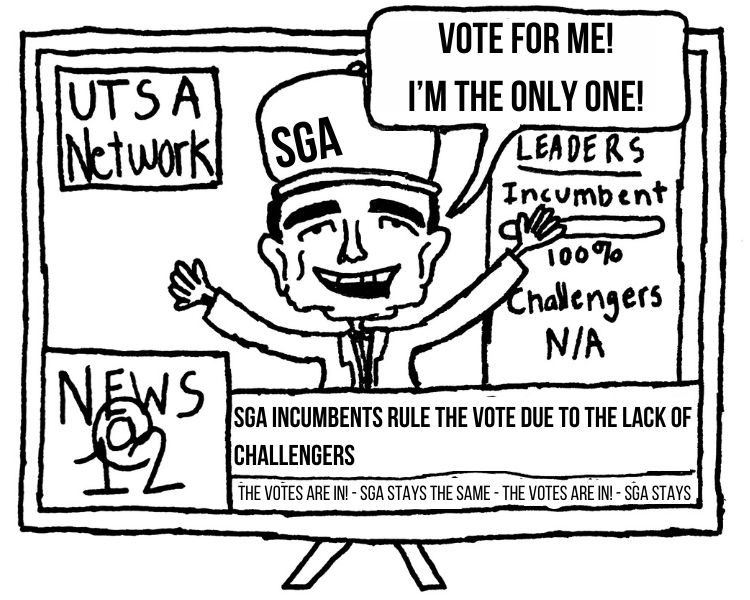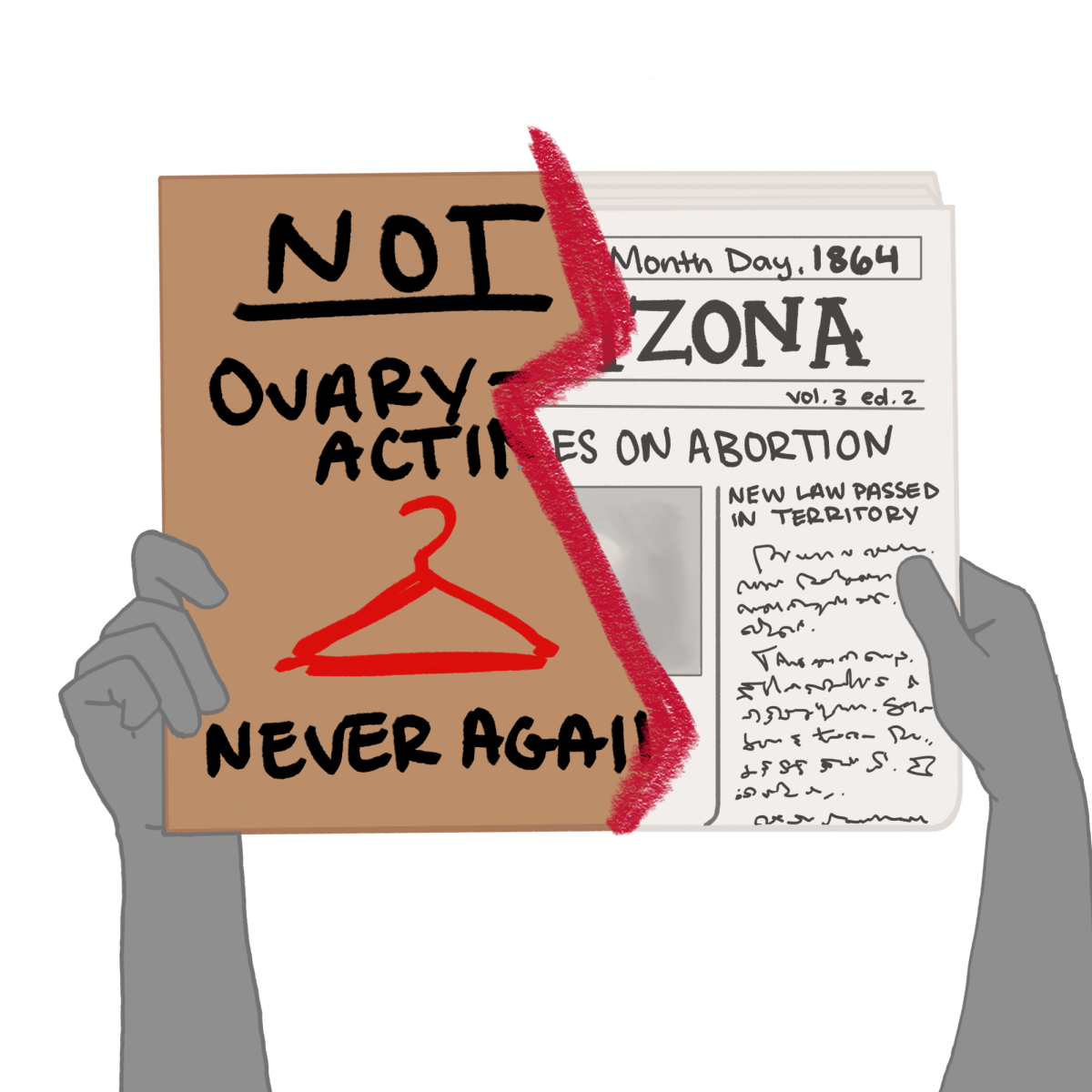On Thursday, Jan. 5, Vice President Joe Biden issued a call-to-action to college and university presidents regarding sexual assault on campus, which he called, “the human rights issue of our time.” A 2016 Department of Justice report showed that one in five women was assaulted at some point during college, a number that has been stagnant for over 20 years.
But it’s not just a campus problem. According to a 2014 DOJ report, one in three non-student women aged 18-24 reported being assaulted and 43 percent of women in the military reported the same.
While institutions should play key roles in responding to cases of sexual assault in college, actually ridding campuses and communities of violence against women will require a change in the attitudes and behaviors of men in general.
First, we must make genuine attempts to understand concerns of young women. Then we have to discuss women’s issues with empathy and the same passion with which we discuss our own interests. We have to understand that many women are often burdened by a fear most of us have never known. And we have to understand how, in so many ways, their body autonomy is regularly threatened or violated.
We have to commit not only to ensuring our individual actions don’t harm women, but also to holding each other accountable for the way we treat women and talk about them. Even how we talk about women to each other can either perpetuate or challenge rape culture.
Too often, men blame women—their fashion choices, their behavior, their pasts—for making themselves vulnerable to predators. Some sexual assault survivors are blamed when they meet their assailants online. As if there is any situation in which a women should expect to be assaulted. As if women aren’t routinely assaulted by men they meet at school, work or church.
We have to deconstruct whatever engendered camaraderie causes us to automatically support other men and discredit victims. We must acknowledge that even those we trust have the potential to be abusers, and trying to justify their actions or make excuses for them puts people in danger.
Boys and girls alike would benefit from education about consent at an early age. But we have a responsibility to start these conversations ourselves. As the most frequent perpetrators of violence against women, we men have the responsibility of changing the culture which normalizes it.

















